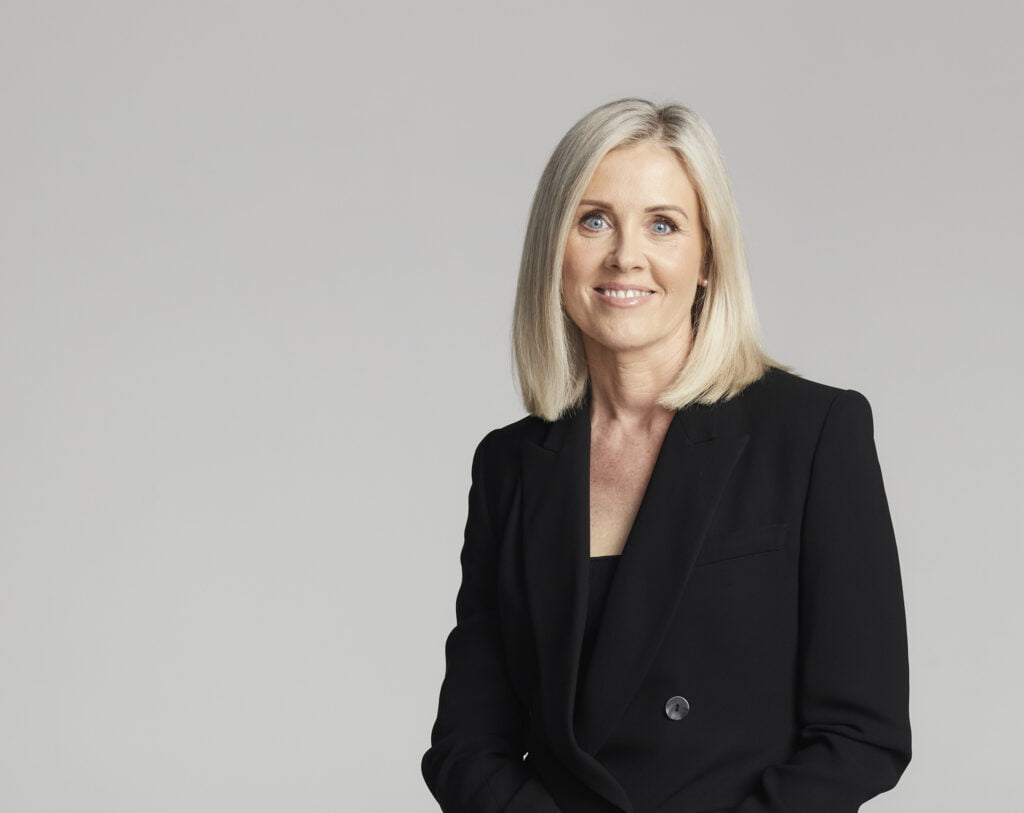"STRONGER TOGETHER" is a weekly column where Tanya explores key issues. This week Tanya discusses Stephen Karpman’s ‘Drama Triangle’.
By IMPACT Community Services Managing Director Tanya O'Shea
Getting curious about why we act the way we do in certain situations and then opening ourselves up to understanding those behaviours is incredibly powerful and emboldening.

Why do we think and then act the way we do? What triggers us to react in ways unique to us – why don’t other people react the same way?
Does that reaction serve us, and if not, can we prevent it from happening again?
Gaining insight into ourselves is a journey of personal discovery that can be illuminating for some. Others can be fearful of what they’ll learn and instead decide, ‘I am who I am, and I don’t care if other people don’t like it.’
Dedicating energy towards understanding ourselves better isn’t for everyone. But there’s an opportunity for us all to rise to the challenge of behaving in more ways that are above the line.
‘Above the line?’ I hear you say. ‘What line is she referring to?’
I often refer to Stephen Karpman’s ‘Drama Triangle’ model with my team. It reminds us of the different roles we play when behaving above and below the line – roles we can sometimes revert to unconsciously or out of habit.
Karpman suggests when we’re behaving below the line, we assume the unhelpful roles of ‘bully’, ‘rescuer’ and ‘victim’ leading to habitual ways of responding linked to blame, justification and defence. Imagine someone you know who; consistently sees the world as unfair (victim); always steps in to help out (rescuer); or has a tendency to take over (bully).
In contrast, above the line behaviours indicate openness, security in oneself and the acceptance of personal responsibility.
This journey of self-discovery isn’t for the faint-hearted. We won’t always like what we learn about ourselves. Self-compassion is therefore essential. Be kind to yourself – you’re human, and this isn’t a path of critique, but curiosity.
Take a moment to reflect on the roles within the Drama Triangle.
Have there been situations when you’ve assumed roles considered ‘below the line’? If so, what was the trigger? Is there anything you’d like to change moving forward? What about behaving above the line – when did you find yourself doing that? Are there opportunities for you to do more of this?
